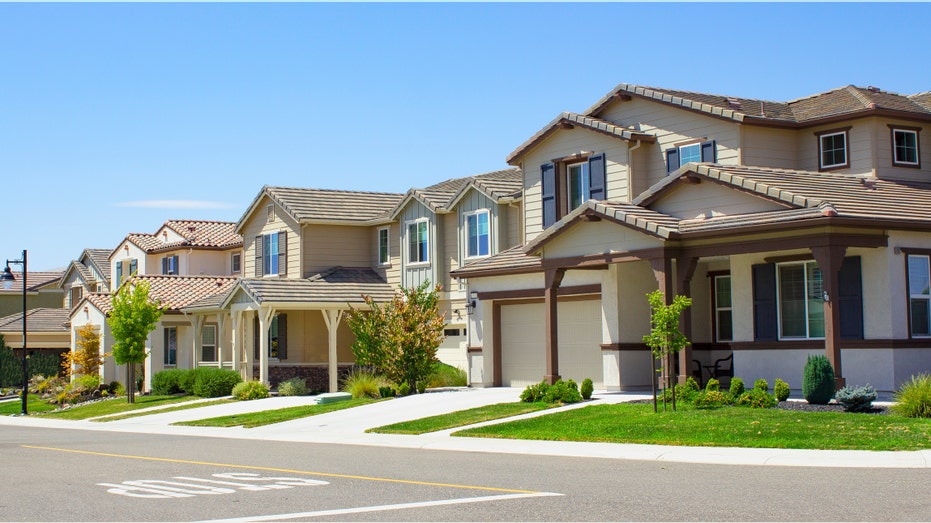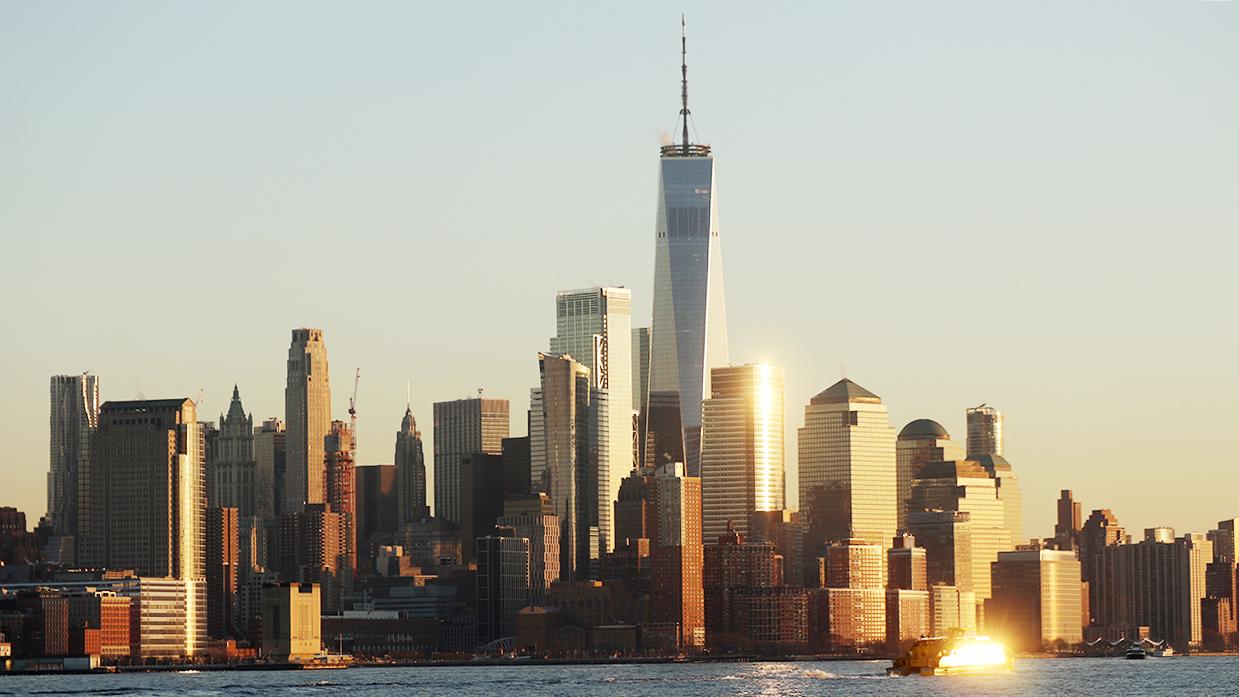Luxury real estate sales continue to surge during pandemic
High-end home sales jumped 42% in the third quarter compared to 2019, a report from brokerage Redfin found
The pandemic isn’t stopping homeowners from splurging for luxury real estate.
High-end home sales surged 42% in the third quarter compared to 2019, the largest increase since 2013, a new report from real estate brokerage Redfin found.
“The luxury housing market normally takes a hit during recessions as wealthy Americans tighten their purse strings, but this isn’t a normal recession,” Redfin chief economist Daryl Fairweather said in a statement in the report.
Fairweather says Americans working remotely, along with record-low mortgage rates and strong stock prices during the pandemic, are all prompting wealthy individuals to seek out expensive homes with home offices and spacious backyards in suburban areas. The top 5% of the market, by price, is considered “luxury,” Redfin defined in the report.

New Homes in Northern California (iStock).
NY LOSES MORE RESIDENTS THAN ANY OTHER STATE DURING CORONAVIRUS PANDEMIC
A number of West Coast and Southern suburbs have seen a jump in luxury real estate sales. Luxury sales in Sacramento, for instance, where the median home sale price is $1,200,000, went up 86.1% compared to 2019; and Riverside and Oakland California saw a 62.8% and 60.9% surge, respectively.
Portland, Oregon, with a median home sale price of $1,025,499, saw a 60.6% increase. And West Palm Beach, Florida, with a median home sale price of $1,737,500, saw a 59.7% jump, according to the Redfin report.
GET FOX BUSINESS ON THE GO BY CLICKING HERE
Indeed, more Americans continue to move out of cities like New York and San Francisco during the pandemic. Consumer interest in moving outside of New York City spiked 55% in recent months, according to separate data from national moving company United Van Lines. What's more, interest in leaving San Francisco was up as much as 128% in the beginning of October.
Fairweather notes, however, that this real estate market is less accessible to essential workers, who continue to rent in cities near their jobs, and are essentially hindered from homeownership.
“Meanwhile, scores of lower- and middle-class Americans have lost their jobs or are still renting in the city because they’re essential workers and have to commute into work, so they’re unable to reap the benefits of homeownership,” Fairweather said in the report.




















